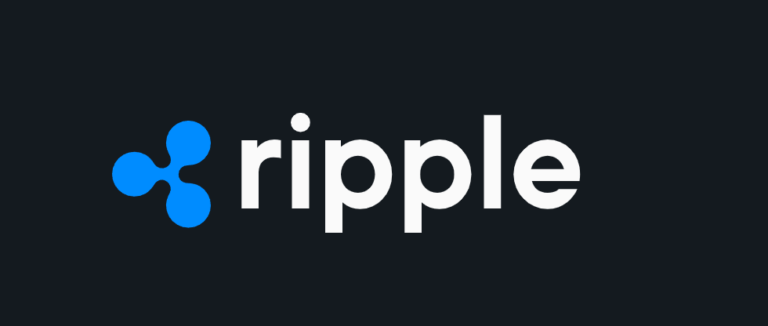
- Terra Classic proposes a governance rule limiting validators to one node each, aiming to enhance network security and decentralization while preventing Sybil attacks.
- Additionally, the proposal suggests establishing a dedicated development team to oversee project management, reflecting Terra Classic’s commitment to efficient governance and operational stability.
Terra Classic proposes governance rule to limit validators, aiming to bolster security and decentralization.
Terra Classic, a blockchain network, recently proposed a new governance rule aimed at enhancing the network’s security and decentralization. The proposed regulation restricts validators from operating more than one node and prohibits entities from validating the network across different project divisions. Non-custodial service providers would also be barred from allowing customers to run multiple validators.
Establishment of a Dedicated Development Team
In a related development, Terra Luna Classic has proposed the formation of a core team to oversee all developments on the Terra Luna Classic chain. The proposal outlines that the community pool will fund the team’s monthly salaries. This initiative reflects an effort to centralize development oversight while maintaining the decentralized nature of blockchain governance.
The proposed governance rule is designed to solidify the foundational security of the Terra Classic network. By limiting the number of nodes an entity can control, the network aims to maintain a more decentralized structure. This is crucial for preventing any single entity from gaining disproportionate influence over the network.
Enhancing decentralization is vital for the network’s resilience against attacks and manipulation. The dynamic commission module, which adjusts fees based on network conditions, will also benefit from increased compliance. This leads to more predictable and fair transaction costs for users.
Validators play a pivotal role in the blockchain’s functionality by verifying transactions and creating new blocks. The new rule ensures that these validators operate under strict guidelines, which is essential for maintaining trust and integrity across the platform.
The Terra community is set to vote on this crucial proposal soon. If passed, the rule would mandate immediate compliance from all network participants. This would ensure a fair and equitable environment within the Terra Classic network, bolstering its reputation and operational stability.
Ensuring Sustainable Development
The role of the proposed development team would be to manage and implement new projects and updates efficiently. By having a dedicated team, Terra Luna Classic aims to enhance its operational efficiency and response to technical challenges. The proposal is pending community approval, which would detail the team’s roles, responsibilities, and compensation.
This development team would operate independently of Terraform Labs, which manages the newer Terra (LUNA) chain. The distinction emphasizes Terra Classic’s commitment to a distinct and autonomous operational framework. The community’s decision on this matter will significantly influence the future governance and development structure of the Terra Classic network.
The proposed governance rule and the establishment of a dedicated development team signify Terra Classic’s commitment to ensuring security, decentralization, and efficient project management. The upcoming vote underscores the importance of community involvement in shaping the future of the network.




